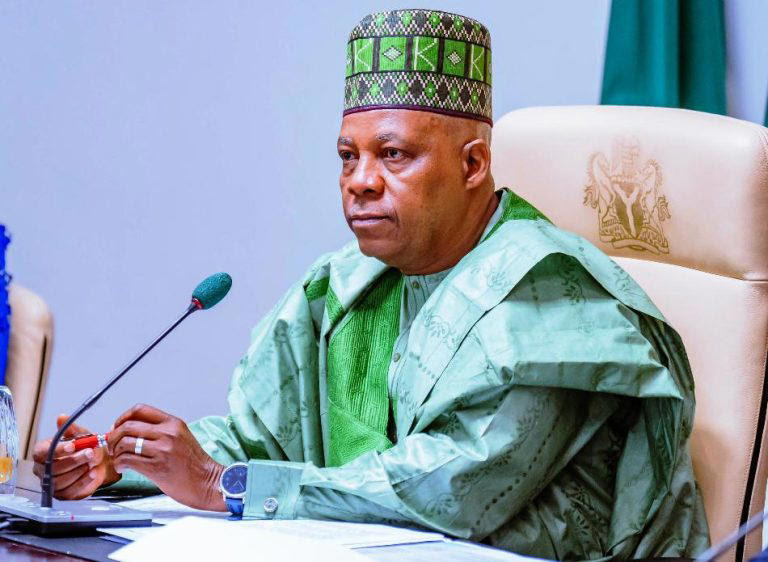The Federal Government and a consortium of three Chinese firms on Friday signed an agreement for the construction of the 3,050 megawatts Mambilla Hydroelectric Power Plant worth $5.79bn.
According to the government, the project which is being constructed in Taraba State is expected to be completed in six years.
Funding for the power plant will come from China and the Federal Government, as China Exim Bank and other Chinese lenders are expected to provide 85 per cent of the contract sum amounting to $4.92bn, while Nigeria will put forward 15 per cent amounting to $868.87m.
On the scope of work for the project, the government stated that it would include four large dams (Nya, Sumsum, Nghu and Api Weir), two underground power house of 12 units of 250MW each, two numbers of 330KV of 700km transmission lines to Markudi and Jalingo, 120km of access roads connecting the project site and nearby communities, as well as the resettlement of an estimated 100,000 impacted persons.
On August 30 this year, the Federal Executive Council approved the sum of $5,792,497,062 for the project which has been in the making for over 40 years.
The approval paved the way for the signing of the contract document with the China Gezhouba Group Corporation, Sinohydro Corporation Limited and the CGCOC Group Company Limited.
The government explained that the agreement would allow it to seek finance for its counterpart funding for the project.
The Minister of Power, Works and Housing, Babatunde Fashola, signed on behalf of the Federal Government, while for the Chinese companies, Yong Jun, Gan Yongzhi and Ye Shuijiv signed for the CGGC, Sinohydro and the CGCOC Group, respectively, at the event in Abuja.
Fashola said the project had opened a huge opportunity for the country to harness its hydroelectric potential for electricity and irrigation purposes, adding that when completed, the 3,050MW plant would change the dynamics in Nigeria’s power sector.
He said, “This project is a new dawn for Nigeria’s power diversity and energy mix. This project will give us the opportunity for energy security; it will give us the opportunity to comply with our Paris Climate Change Agreement because it will be delivering renewable energy.”
Source: NAN
October 16, 2025







